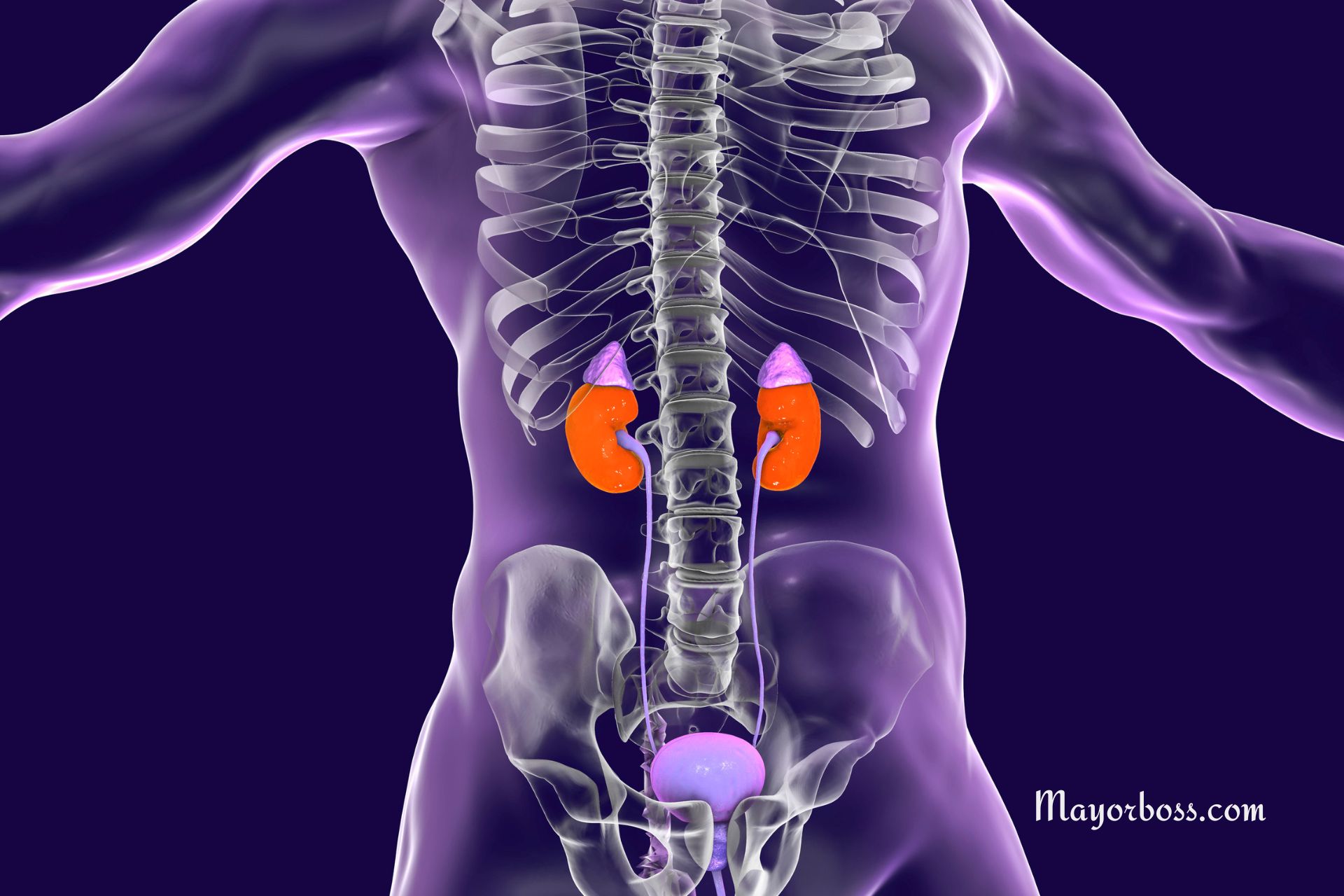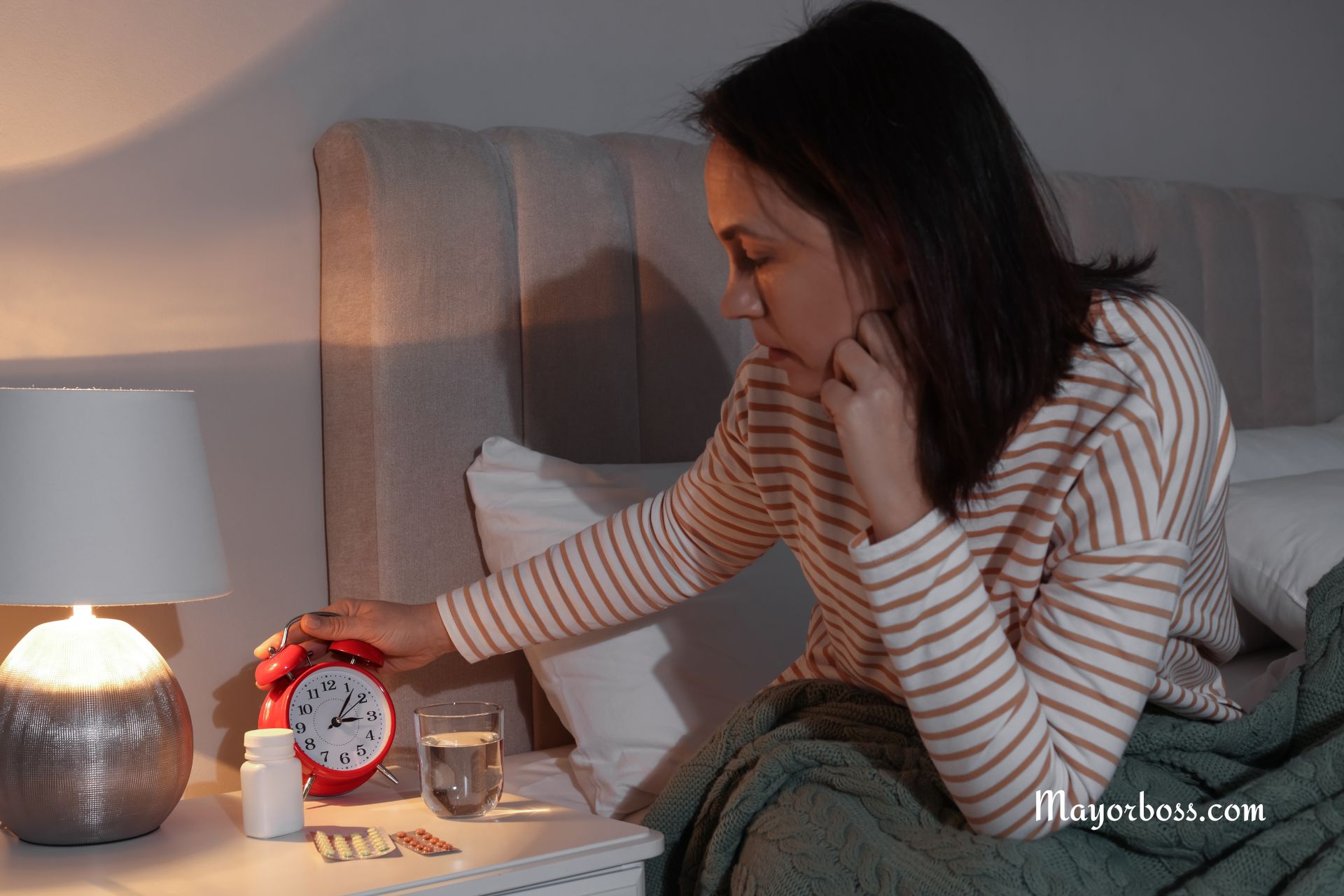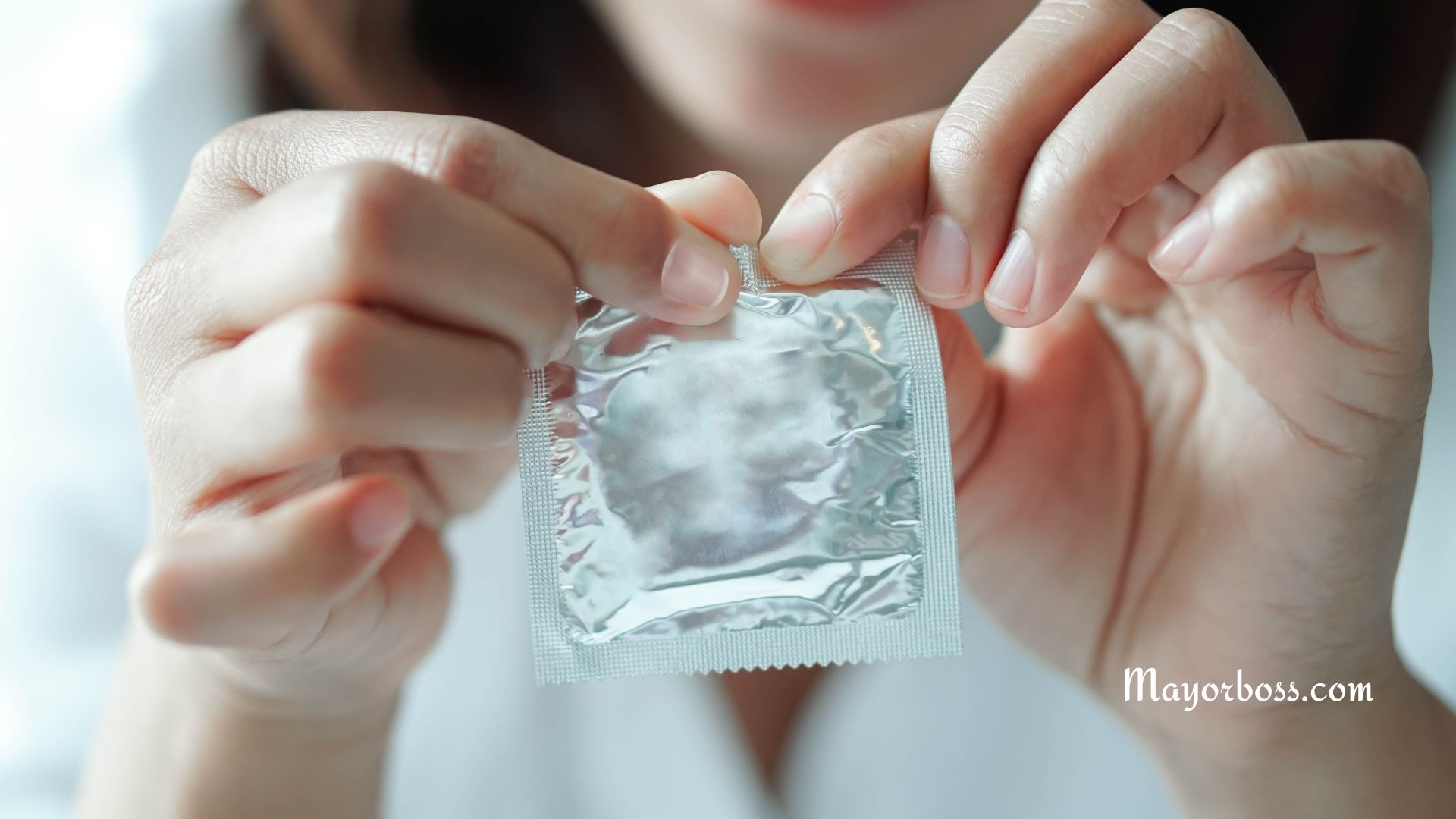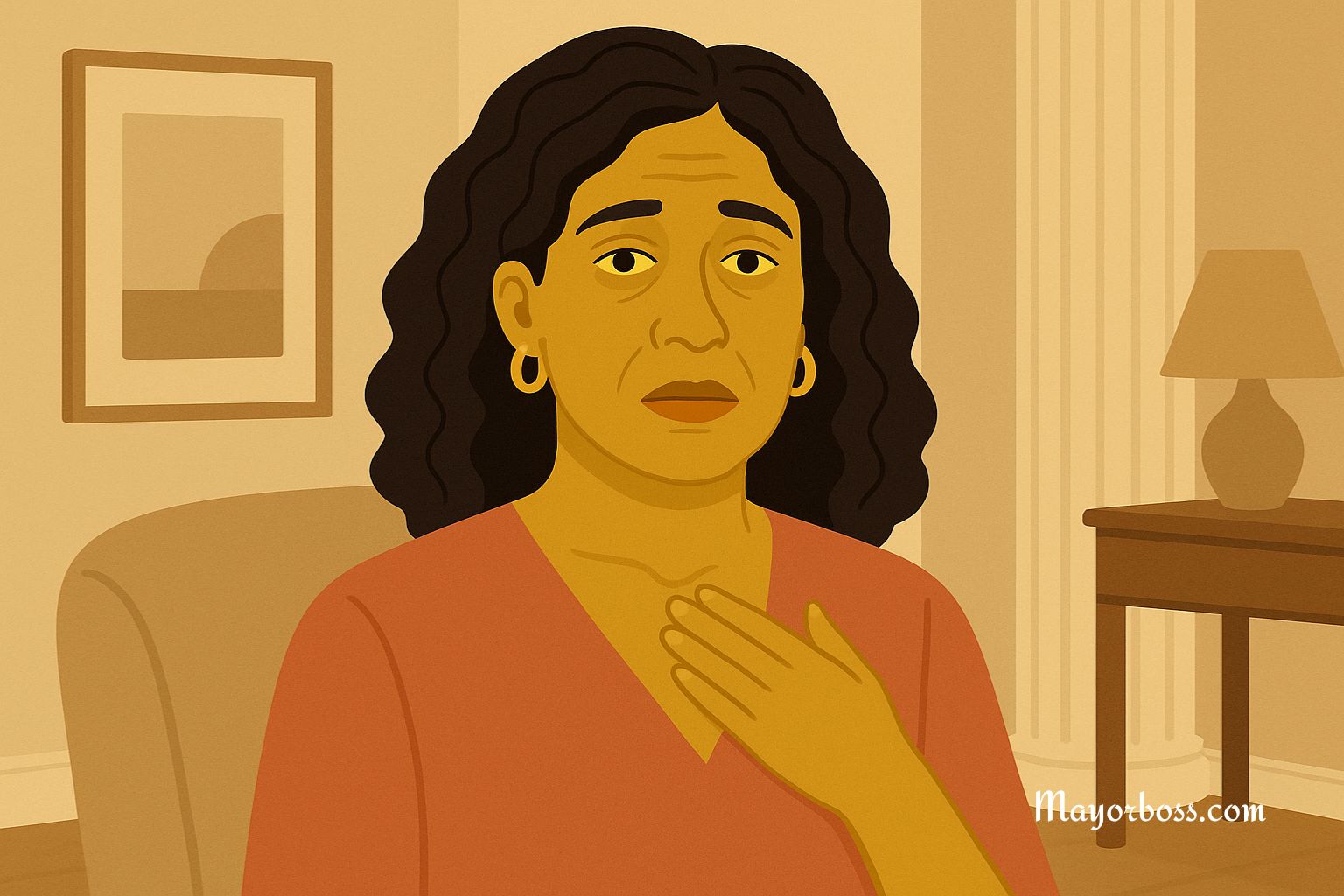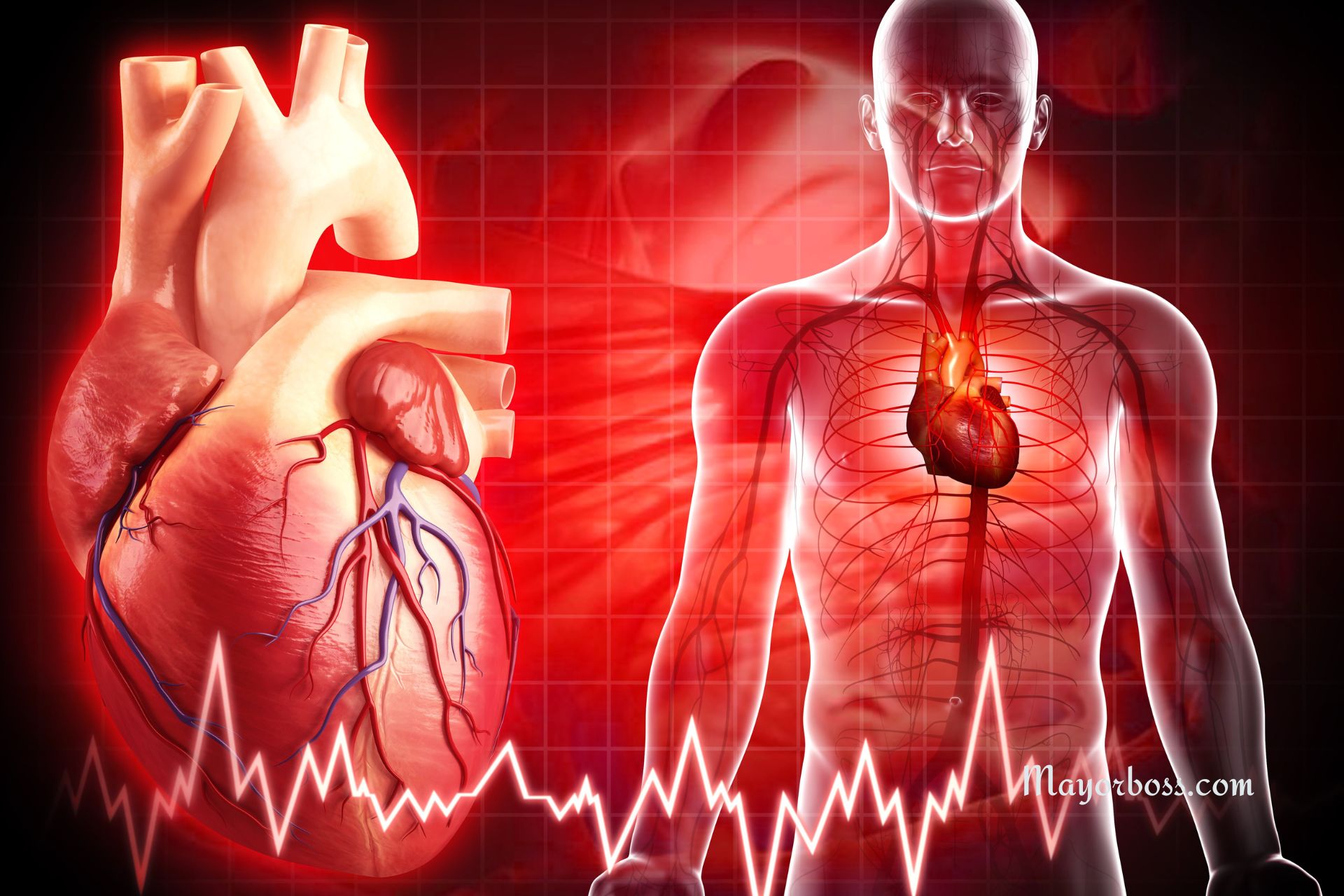Painful Urination in Men and Women: Causes and When to See a Doctor
Urination is a natural process that helps rid our bodies of waste products. However, when urination becomes painful, it’s usually a sign that something isn’t right. Understanding the potential causes of painful urination and when it’s time to visit a doctor is crucial for maintaining your health.
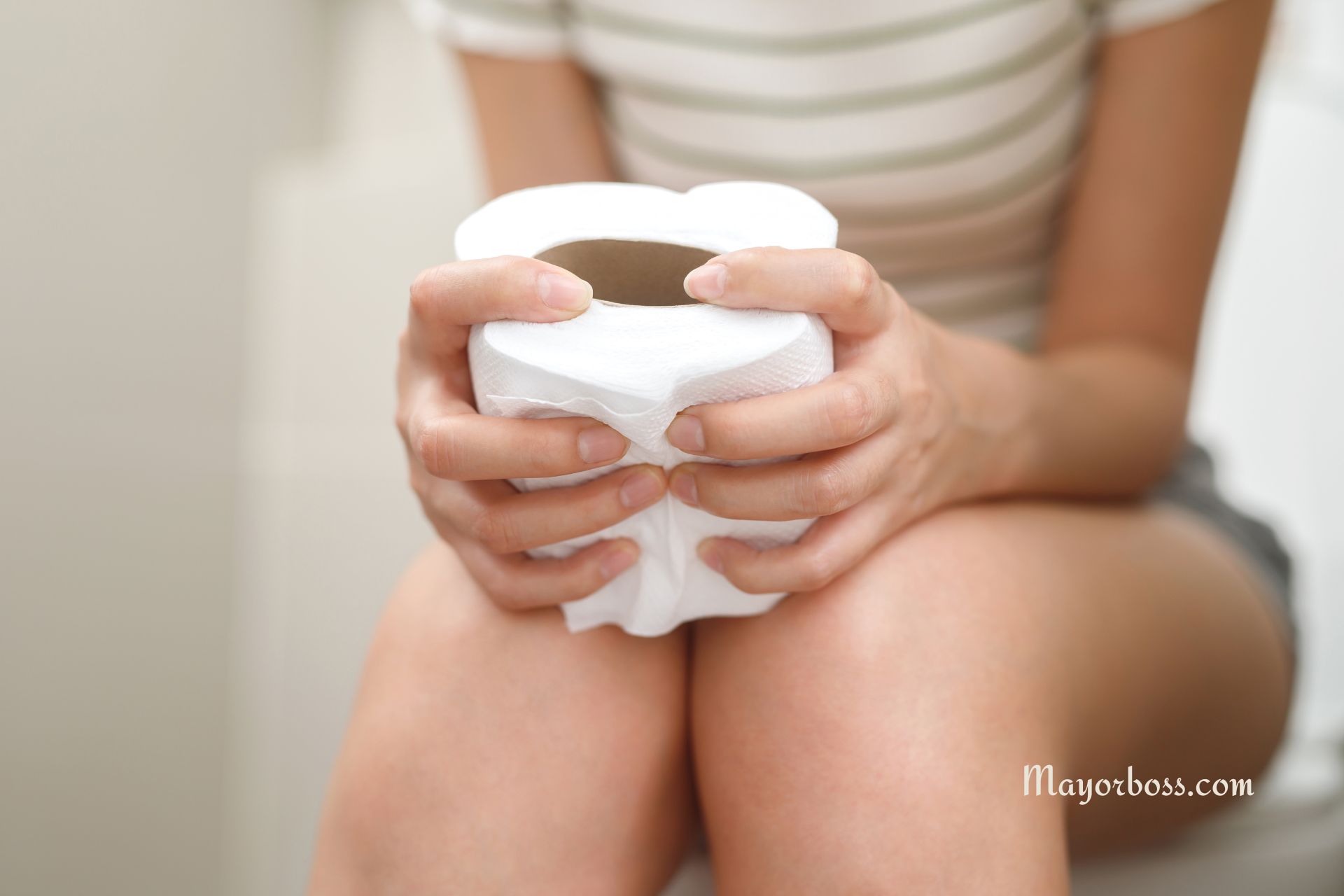
What is Painful Urination?
Painful urination, also known as dysuria, refers to any discomfort, pain, or burning sensation experienced during urination. It can affect both men and women, although women are more susceptible.
Causes of Painful Urination
Several factors can lead to painful urination. Here are some of the most common causes:
- Chemical Sensitivity: Harsh soaps, bubble baths, douches, and certain feminine hygiene products can irritate the sensitive tissues around the urethra and cause painful urination.
- Dehydration: Not drinking enough water can lead to concentrated urine, which may irritate the bladder and urethra.
- Urinary Tract Infections (UTIs): These are the most frequent culprits of painful urination. UTIs occur when bacteria enter the urinary tract, causing inflammation and discomfort. Women are at a higher risk due to their shorter urethra. Common symptoms include:
- Sexually Transmitted Infections (STIs): STIs like chlamydia, gonorrhea, and herpes can cause inflammation of the urethra (urethritis), leading to pain when urinating. Additional symptoms might include:
- Unusual discharge from the penis or vagina
- Pain during intercourse
- Sores or blisters on the genitals
- Prostatitis (Prostate Inflammation): In men, inflammation of the prostate gland can cause painful urination, difficulty emptying the bladder, and pain in the lower back or pelvis.
- Kidney Stones: These hard deposits of minerals can form in the kidneys. If they become lodged in the urinary tract, they can block urine flow and cause significant pain during urination. Intense back or side pain is also a common symptom.
- Interstitial Cystitis (Bladder Pain Syndrome): This chronic condition causes bladder inflammation, leading to frequent and urgent urination, as well as pain that may worsen as the bladder fills.
- Vaginitis (Vaginal Inflammation): Irritation and inflammation of the vagina, often due to infections or changes in vaginal pH, can sometimes lead to pain during urination.
- Certain Medications: Some medications can irritate the bladder lining and contribute to painful urination.
- Bladder Cancer: Though less common, painful urination can occasionally be a symptom of bladder cancer.
When to See a Doctor
While mild cases of painful urination may clear up on their own, it’s essential to consult a doctor if you experience any of the following:
- Persistent or severe pain
- Fever
- Blood in the urine
- Unusual discharge from the penis or vagina
- Back or side pain
- Inability to urinate
Diagnosis
To determine the root cause, your doctor will likely:
- Take a detailed medical history and inquire about your symptoms.
- Perform a physical examination.
- Order a urine test to check for infection or other abnormalities.
- Additional tests, such as imaging studies or cystoscopy, may be needed in some cases.
Treatment
Treatment depends on the underlying cause:
- UTIs: Antibiotics are typically prescribed to treat bacterial infections.
- STIs: Appropriate antibiotics or antiviral medications will be given based on the type of STI.
- Prostatitis: Antibiotics, anti-inflammatories, or other medications may be needed for treatment.
- Kidney Stones: Pain relievers, increased fluid intake, and sometimes procedures to break up or remove stones are necessary.
- Interstitial Cystitis: A combination of dietary changes, medications, and physical therapy may be recommended.
Frequently Asked Questions (FAQs)
- Can I prevent painful urination? Yes, good hygiene practices can reduce your risk:
- Wipe from front to back (for women)
- Drink plenty of fluids
- Urinate after sexual intercourse
- Avoid irritating hygiene products
- Is painful urination always a sign of infection? No, while infections are the most common cause, various other factors can lead to painful urination.
- What if the pain doesn’t go away with home remedies? Seeking medical advice is crucial for proper diagnosis and treatment.

